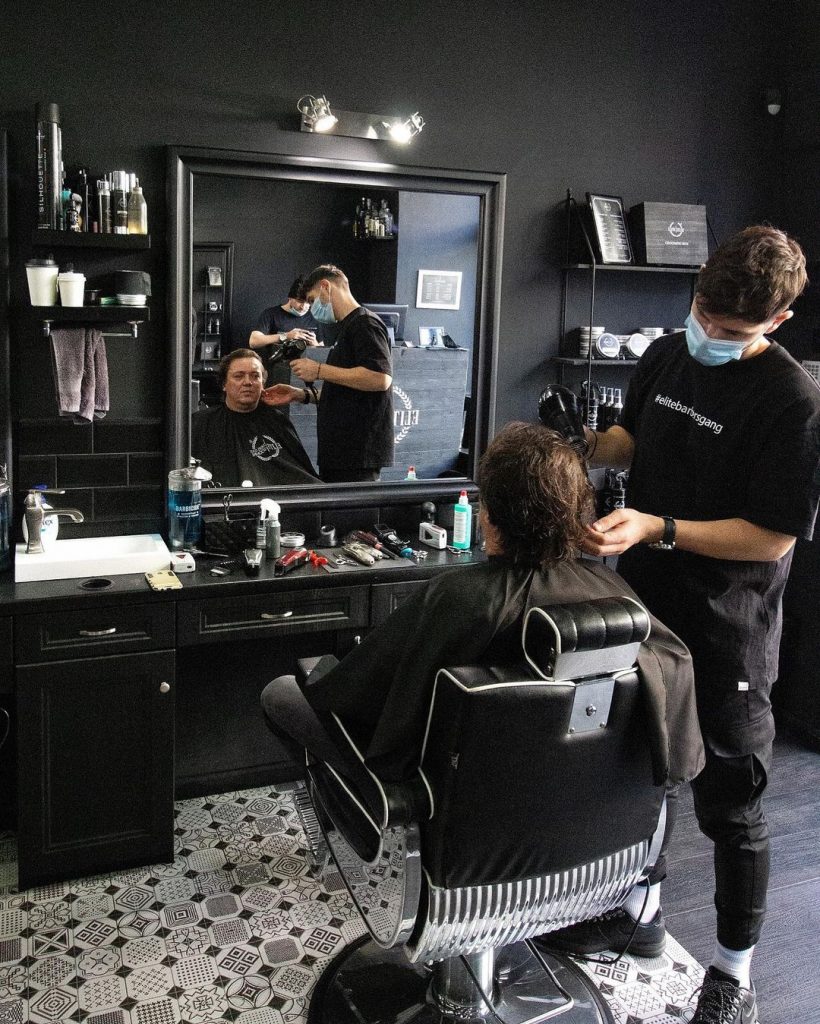Understanding the Impact over Environmental Standards on daily Activities of Haircutting Establishments.
Wiki Article
Environmental regulations play a vital part in shaping how businesses function, such as barber salons. These regulations are created to safeguard the environment and community well-being by managing waste disposal, atmospheric conditions, and water usage. Barber salons, while primarily focused on hairstyling and grooming, must also comply to these rules to ensure they do not impact the environment. Recognizing these guidelines helps barber shop owners achieve compliance and support a eco-friendly operating framework.

A notable aspect of environmental policies affecting grooming establishments is refuse control. Barber shops generate various types of waste, including hair clippings, styling agents, and supply containers. Regulations often mandate these businesses to implement specific disposal methods to reduce contamination and environmental load. For instance, hair clippings can be recycled or reused for green initiatives, while hazardous byproducts must be disposed of according to municipal standards. By handling waste responsibly, haircare providers contribute positively to their neighborhoods and the environment.
Air quality is another critical area affected by ecological policies. Many barber shops use formulations that emit volatile organic compounds, which can degrade air conditions. Laws may restrict the use of certain chemicals in coloring agents and this link styling products, encouraging you can look here stylists to choose more environmentally conscious options. Adopting sustainable products not only improves air quality but also appeals to customers who value sustainability. Barber shops can elevate their reputation by embracing environmentally friendly practices that serve both clients and the environment.
Water usage is also regulated by eco policies that can affect daily operations in barber shops. Many regions have limitations on resource consumption due to dry spells or other ecological challenges. Grooming facilities need to apply water-saving techniques, such as low-flow faucets and efficient washing methods for towels and tools. These practices not only help comply with regulations but also reduce utility costs for shop managers. By being aware of resource usage, haircare providers can contribute in preserving this essential element.
To summarize, understanding environmental regulations is essential for barber shop owners who want to run a successful and responsible business. By focusing on waste management, air quality, and resource consumption, haircare facilities can generate a beneficial influence on their local areas while maintaining adherence with the regulations. Embracing sustainable practices not only benefits the environment but also enhances customer loyalty as clients increasingly seek out eco-conscious businesses. In the end, integrating these regulations into daily operations leads to a healthier environment and a prosperous grooming business.